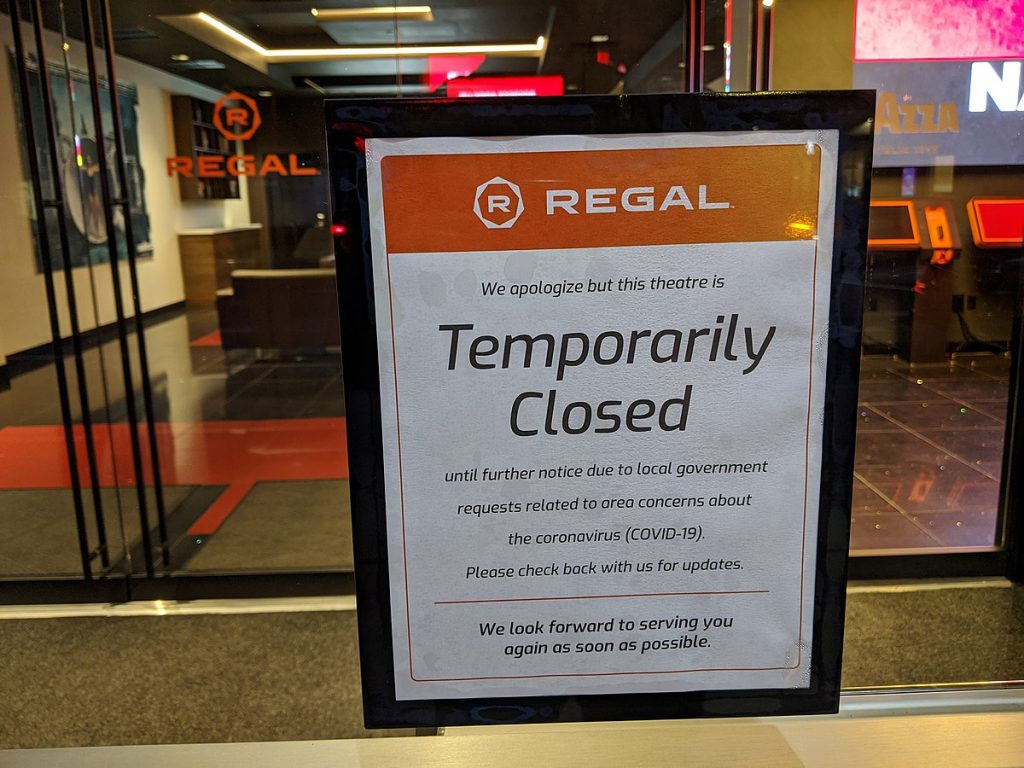We all seem to have forgotten that before COVID we were, and still are, confronted with an existential climate crisis and an economic recession due to the failures of neo-liberalism (again).
Richard Murphy is a Visiting Professor of Practice in International Political Economy, City University of London. He campaigns on issues of tax avoidance and tax evasion, as well as blogging at Tax Research UK
Cross-posted from Tax Research UK

As the FT notes this morning:
US companies are sitting on trillions of dollars in cash that they borrowed to survive the coronavirus shock of 2020. The question now is what they do with all that money, especially if an economic recovery takes hold. Corporate America borrowed a record $2.5tn in the bond markets last year.
As they go on to note, some borrowed because they were losing money, very heavily. But that was not true of all companies:
Companies in the US S&P 500 index built up an additional $1.3tn of cash on their balance sheets last year, according to data from S&P Capital IQ. Many businesses are having to decide what to do with their borrowed fortune.
At the same time, the FT also ran an article this morning on small businesses running out of cash in the UK, and being worried that they have insufficient left to take the risks of reopening after the crisis is over.
The contrast in fortunes is stark, and indicative of two things. One is the randomness of the impact of this crisis, that few if any foresaw in their plans. The other is that the consequences of that randomness will be very long lasting, and as deeply unfair.
The simple fact is that those with the fortune to have had a ‘good pandemic’, both in terms of their business sector and their ability to access the economic recovery programmes on offer, will be able to exploit that advantage. In other sectors the weaknesses will be long lasting.
As we also well know now, this is also true within the household economies of the UK, and elsewhere. Some households have been incredibly well protected during the crisis, and at least economically have done well from it. Others have seen their fortunes decline, very rapidly.
There are no absolute rules here, but there do appear to be trends. Amongst companies being large helped, enormously. Access to capital markets where interest rates have been incredibly low has provided considerable advantage to larger companies, indicated by the ability of some to create cash piles in this situation.
For most (but not all) smaller businesses the risks have been very much greater, and many have simply fallen through the gaps in the system altogether.
Amongst households, there is no doubt that being in a higher income group and in a job associated with that has been a significant advantage. The most vulnerable have generally been lower paid front-line staff.
There is then a simple question to ask now, and that is whether or not these twists of fate should now shape the well-being of many for years to come? That is the very obvious risk that we face. And if we accept that fate decrees that such randomness is just, and simply to be tolerated, then the consequences will be staggeringly big for decades.
The first question to be asked is whether that is fair?
The second is, if not, what do we want to do about it?
Implicit in the second is, of course, a belief that something can be done. I have no doubt that is possible. Businesses can be supported if it is thought appropriate. So too can sectors. As can people left vulnerable. But that requires that we think that the mythical ‘invisible hand’ of fate within market based capitalism should be ignored , even when much of the good fortune some enjoy now has arisen because they have become the lucky beneficiaries of state support.
Covid has posed many questions. The point I am making is that the issues will not end when the immediate threat from the virus is over, whenever that might be. There are now much bigger questions to debate, to which the answers may be much harder to get agreement upon. But they will shape post-Covid society, with the risk of divisions the consequences of which are not hard to imagine unless action is taken.
So, what to do?
In the first instance, the requirement is to not pretend, as many are, that the vaccine ends this. We have a long, long way to go as yet.
Thereafter, we as a society need to face up to this. There is a post-Covid society to shape, and it is not like the one that existed before we went into this, simply because that no longer exists. But are we big enough to accept that?


Be the first to comment